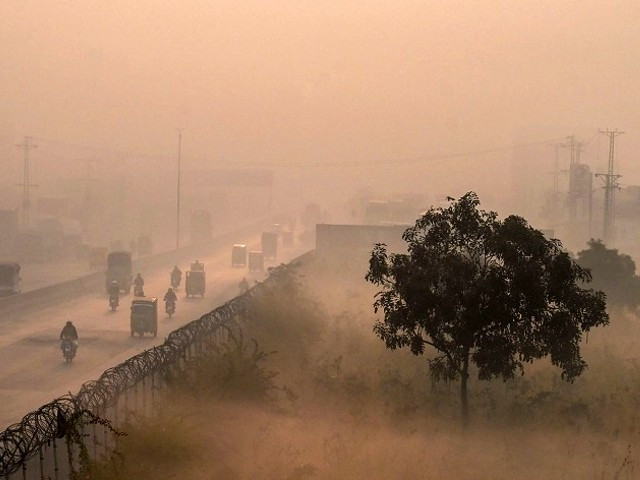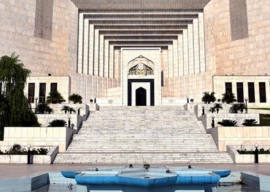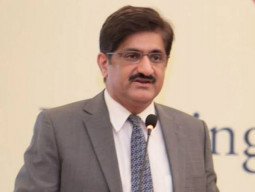
With the arrival of every fall, the entire province is engulfed in a dense, toxic fog, known popularly as smog. While industrial pollution coupled with the unique atmospheric features of the plain areas can partly explain the seasonal suffering, the paramount responsibility for the consistently poor air quality levels in Punjab falls on the shoulders of the government, which has a regrettable reputation of doing too little, too late.
Despite the Punjab government allocating nearly Rs6.0 billion for the Smog Action Plan, which under the combined efforts of the Environment Protection Agency, Transport Department, Parks and Horticulture Authority (PHA), Agriculture Department, School Education Department and Traffic Police aims to reduce air pollution and control smog, environmental experts argue that any efforts undertaken at this point cannot be expected to bear fruitful results, which can only be visible next year.
Naseem Rehman, Former Director of the Environmental Protection Agency, felt that although the drafting of the Smog Action Plan reflected the government's seriousness in reducing air pollution and controlling smog, action had been taken too late. "The implementation of the Smog Action Plan has been delayed, which means that the expected results may not be achieved this year," opined Rehman.
Similarly, Aleem Butt, a senior environmental expert from the Asian Consulting Engineers, highlighted that the targets set by the government for various departments were not visible in the departments' annual development programs (ADP). "Therefore, a task force is needed for mutual coordination, monitoring, and implementation of the plan across different departments," said Butt.
According to data obtained by The Express Tribune from the Punjab Sectoral Emission Inventory, 39 per cent of air pollution emissions originate from transport, 24 per cent from industry, 16 per cent from energy, 11 per cent from agriculture, 9 percent from informal industries, and 1 percent from other factors.
"A major chunk of emissions come from vehicles hence there is a need to focus on improving fuel quality. Once the government's actions display consistency, only then can better results be expected in the coming years," commented Maryam Shah, Head of Communications at the Pakistan Air Quality Initiative.
Data obtained from the Emission Inventory of Lahore indicated that out of 2,070 days between 2019 and August 2024, the Air Quality Index (AQI) was recorded good, between 0 and 15, during only 28 days. Out of the remaining days, 215 days had an AQI of 15 to 35, which is considered satisfactory, 564 days had an AQI of 35 to 70, meaning moderate air quality, 543 days had an AQI between 70 and 140, which is unhealthy for sensitive individuals, 282 days had an AQI of 140 to 250, which is unhealthy, 134 days had an AQI between 250 and 350, signalling highly unhealthy air, while 27 days were recorded with a hazardous atmosphere.
Commenting on the matter, Raja Jahangir Anwar, Secretary of the Punjab Environmental Protection Agency, assured that a control room had been established to ensure coordination with all relevant departments for the implementation of the Smog Action Plan.
"Vehicles emitting smoke are being fined and taken off the road. In addition to taking action against polluting factories, emission control systems are being installed, which will be monitored live. Informal industries, especially brick kilns, tyre-burning units, and waste-burning facilities have been sealed. A carpooling system will also be introduced for government employees while schools and colleges are required to arrange buses for 50 per cent of their students. During the smog season, there will be two days of online classes each week. Similarly, there will be a complete ban on burning crop residue, and farmers are being provided with modern machinery for harvesting and sowing. Gradually, electric buses will also be promoted and the energy sector will also undergo changes, with energy being sourced from solar, wind, and bio-gas plants," claimed Anwar.




1730112008-0/jlo-(5)1730112008-0-165x106.webp)




1730104626-0/Copy-of-Untitled-(5)1730104626-0-270x192.webp)

1730107983-0/Copy-of-Untitled-(9)1730107983-0-270x192.webp)






COMMENTS
Comments are moderated and generally will be posted if they are on-topic and not abusive.
For more information, please see our Comments FAQ